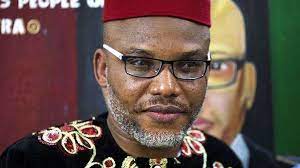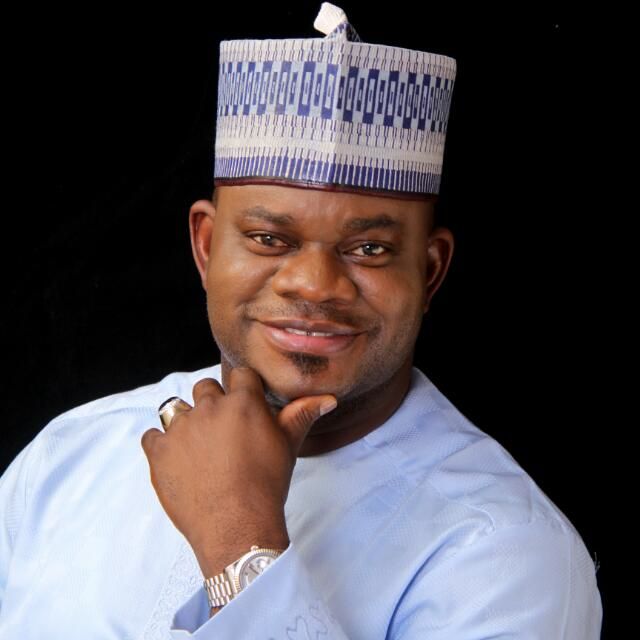Bill Cosby will be released today after nearly three years in prison following a decision by the Pennsylvania Supreme Court vacating his 2018 conviction on three charges of aggravated indecent assault.
The American comedian and actor has long maintained his innocence in the case, which stems from an accusation that he drugged and had forced sex with a Temple University employee in 2004.
As reported by Linda Ikeji Blog, He was charged in late 2015 when a prosecutor armed with newly unsealed evidence Cosby’s damaging deposition from her lawsuit arrested him days before the 12-year statute of limitations expired.
The trial judge had allowed just one other accuser to testify at Cosby’s first trial, when the jury deadlocked. However, he then allowed five other accusers to testify at the retrial about their experiences with Cosby in the 1980s.
On Wednesday June 30, Pennsylvania’s highest court overturned Bill Cosby’s sex assault conviction after finding an agreement with a previous prosecutor prevented him from being charged in the case.
The Pennsylvania Supreme Court said that testimony tainted the trial, even though a lower appeal court had found it appropriate to show a signature pattern of drugging and molesting women.
Cosby was the first celebrity tried and convicted in the #MeToo era, so the reversal could make prosecutors wary of calling other accusers in similar cases. The law on prior bad act testimony varies by state, though, and the ruling only holds sway in Pennsylvania.
According to reports, the justices voiced concern not just about sex assault cases, but what they saw as the judiciary’s increasing tendency to allow testimony that crosses the line into character attacks. The law allows the testimony only in limited cases, including to show a crime pattern so specific it serves to identify the perpetrator.
In New York, the judge presiding over last year’s trial of movie mogul Harvey Weinstein, whose case had sparked the explosion of the #MeToo movement in 2017, let four other accusers testify. Weinstein was convicted and sentenced to 23 years in prison. He is now facing separate charges in California.
In Cosby’s case, one of his appellate lawyers said prosecutors put on vague evidence about the uncharged conduct, including Cosby’s own recollections in his deposition about giving women alcohol or quaaludes before sexual encounters.
“The presumption of innocence just didn’t exist for him,” Jennifer Bonjean, the lawyer, argued to the court in December.
In May, Cosby was denied paroled after refusing to participate in sex offender programs during his nearly three years in state prison. He has long said he would resist the treatment programs and refuse to acknowledge wrongdoing even if it means serving the full 10-year sentence.






